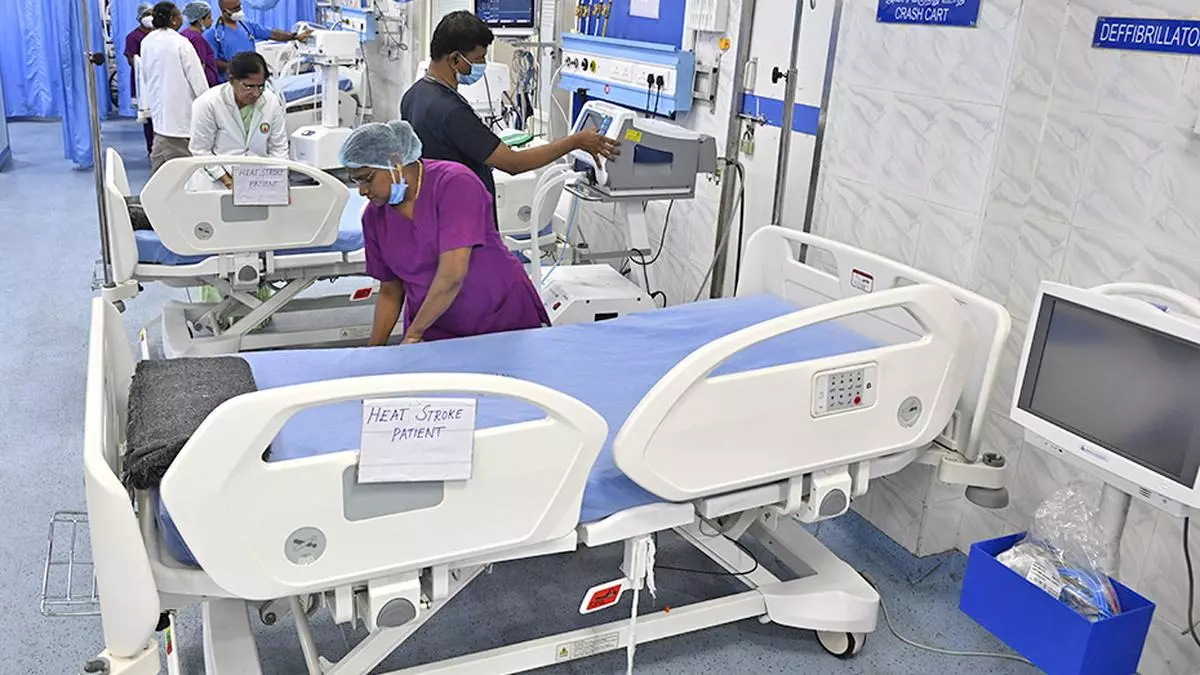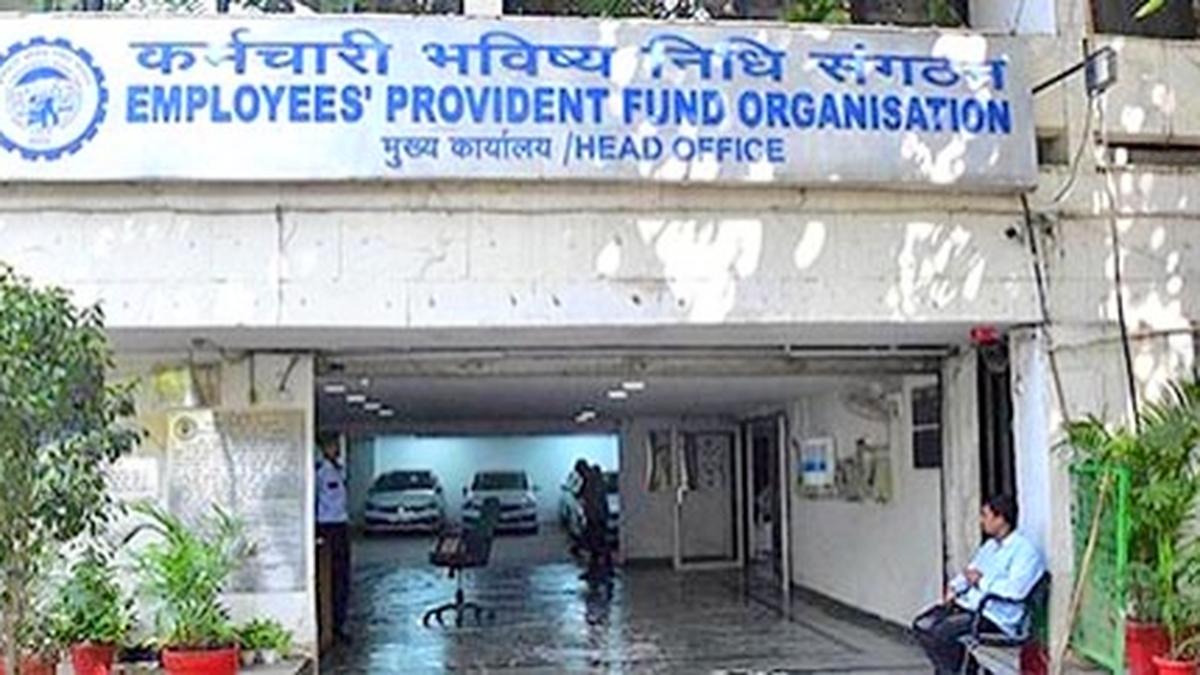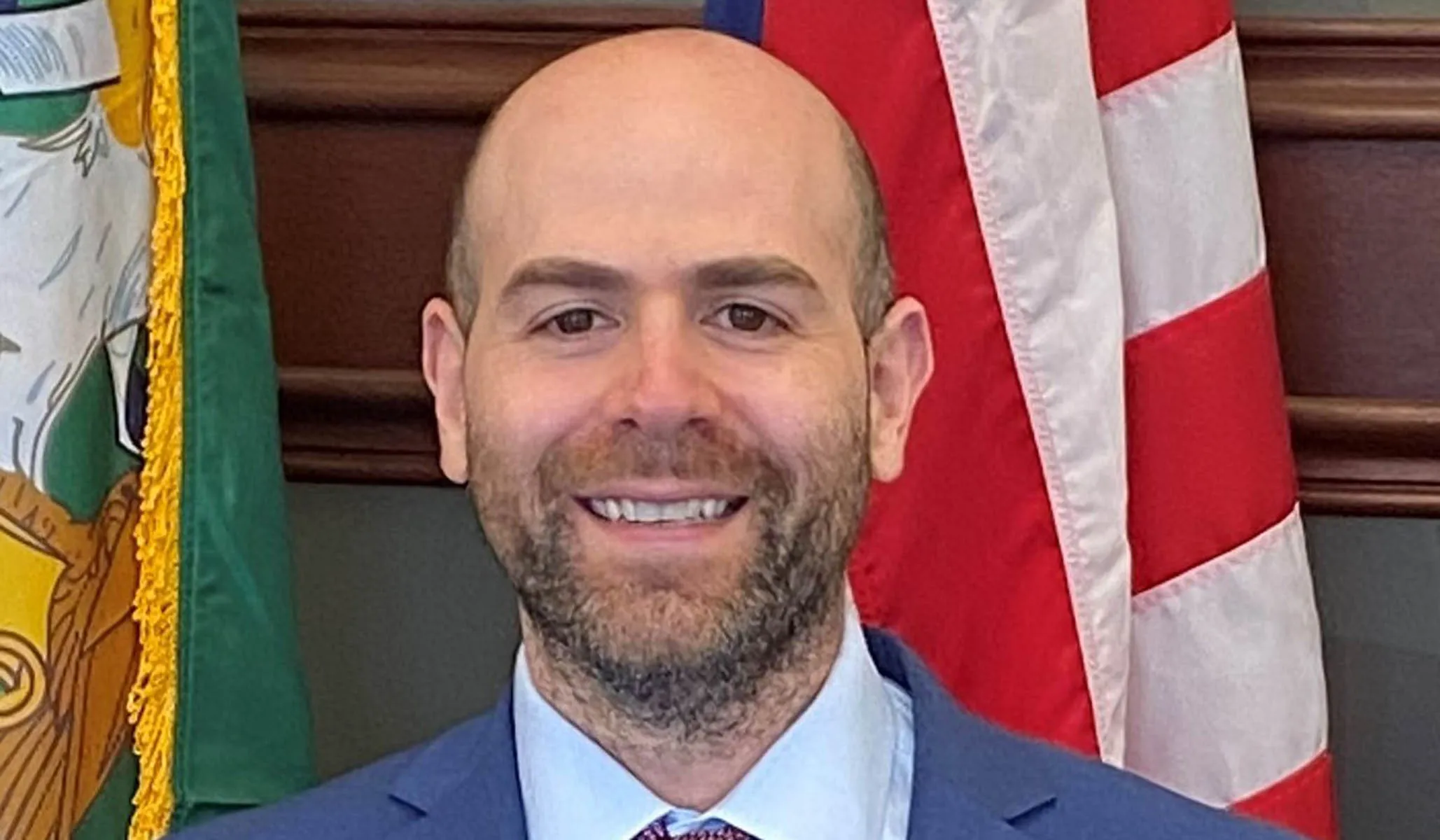Rajesh Nambiar, an IT industry veteran with over 30 years of experience holding key positions in companies like Cognizant, TCS, and IBM, has recently taken over as the President of the National Association of Software and Services Companies (Nasscom). In an email interview, he discusses the impact of macroeconomic and geopolitical issues, how the industry is coping with talent shortages; and on the funding scenario.
What impact do you expect the ongoing geopolitical tensions and macro-economic conditions to have on the Indian IT industry’s revenue growth, particularly from the US market?
The macroeconomic uncertainties seen in the first quarter of FY2025, including delayed decision-making, hiring slowdowns, and supply chain constraints, are now gradually stabilising. As per the performance analysis of select publicly listed companies in Q2FY2025, the industry revenues grew 3.1 per cent q-o-q, and 5 per cent y-o-y in reported currency compared to 1.3 per cent q-o-q and 2.3 per cent y-o-y in Q2 FY25.
Indian tech companies experienced broad-based growth, driven by improved client sentiment, following rate cuts by the US Federal Reserve. The U.S. continues to be the largest market for the tech industry and the analysis from the last quarter’s results also highlights sequential growth from North America as well as the APAC regions, owing to the improving demand scenarios.
As clients increasingly demand more value from their IT investments, how are Indian IT companies evolving their service offerings to incorporate emerging technologies like AI, blockchain, and cloud computing?
Building future readiness through capability enhancements has been a key focus across Indian technology organisations. AI, cloud computing, and quantum technologies are reshaping how businesses operate and deliver value. Through this transformation, the industry is rapidly emerging as a global leader in software, engineering, and innovation. Share of Indian engineering GCC talent as a percentage of overall global engineering GCC talent has grown to be over 30 per cent, with industries like aerospace, defence, and semiconductors focusing on next-generation technologies.
There has also been a considerable shift towards innovation and R&D. Growing at close to 25 per cent year on year, over 83,000 patents have been filed in India in FY2023. Areas like AI dominated patent filings in image processing, NLP, and predictive modelling. While Gen AI, medical data processing, and cognitive computing are emerging as key growth areas. Tech organisations are investing in innovation hubs to integrate AI into their offerings, ensuring they stay at the forefront of technology advancements.
As AI and cloud computing mature, organisations are emphasising tangible returns on investment, cost-efficiency, and data privacy. Tech providers have increased domain-specific finetuning and custom small language models (SLMs). At the same time, scaling up the talent transformation has been key, with over a million employees trained in GenAI since mid-2023.
What role do you see Indian IT companies playing in the development and deployment of Gen AI solutions, and what opportunities and challenges do you foresee in this space?
Generative AI is at a transformative inflection point. While widespread adoption may take time, the potential opportunities it offers are boundless, poised to redefine industries and drive innovation across the globe. The real competitive edge will come from those who can scale AI effectively and confidently. The industry is now broadening their service offerings to include GenAI-powered analytics, intelligent automation, and customized customer engagement solutions.
However, harnessing these opportunities necessitates substantial investment in developing the requisite infrastructure and skills for a smooth transition. This involves training our AI professionals to meet the global demand in areas such as NLP, LLMs, Responsible AI, and Data fundamentals and empower the workforce to utilize AI tools for enhanced productivity across sectors.
Collectively, the industry is also working with the academia, bodies such as NCVET, and AICTE, and the government to integrate generative AI courses into their curriculums for enhancing capabilities and skill sets. In terms of infrastructure development, in the short term, significant efforts are undertaken to make computing more affordable and accessible through multiple government & industry partnerships.
How are Indian IT companies addressing the talent gap in emerging technologies, and what strategies are they employing to upskill and reskill their workforce?
We must shift our focus from jobs to essential skills, ensuring that Indian talent is second to none. Relevant skills and continuous upskilling will take precedence over new/existing jobs. Therefore, strengthening capabilities in niche and pure tech areas and focus on skill development in emerging areas and business fundaments will be critical for the industry’s long-term success in the coming years.
India has the world’s lowest talent demand supply gap at 25-27 per cent, and emerging tech like AI, Big Data, and IoT have an even higher demand supply gap. Beyond technical skills, competencies like analytical thinking, design thinking, ethical and legal awareness, project management, etc are essential across all career levels.
The escalating need for Responsible AI (RAI) among AI users and stakeholders is compelling industry leaders to invest in advanced RAI tools and strategies, while emphasising transparency in their AI practices. Businesses and government need to work together to ensure that this technology is used responsibly.
As the Indian IT industry navigates the challenges of talent acquisition and retention, what strategies are companies employing to attract and retain top talent?
We are witnessing a sequential increase in hiring quarter-on-quarter, with boost in demand. While attrition remains unchanged, utilization levels in the second quarter of FY2025 declined slightly as companies continued to invest in fresher talent.
However, the demand for digitally skilled talent continues to remain unchanged. Organisations are embracing a comprehensive approach to build a robust talent pipeline. They are profiling the talent pool through a digital skills availability assessment and skill diversity mapping and thereby assessing the gaps in skilling and addressing them on priority. They are also creating industry ready talent through partnership with vendor partners, and academia to upskill and reskill their workforce.
Most tech companies have already started training their workforce on AI and related technologies. To ensure competitiveness in the global AI landscape, leading industry players are reimagining a full stack of AI and tech skills across three different levels. Ranging from basic to advanced AI skills and domain-specific expertise, including reimagined AI-enabled value chains and processes within respective disciplines. Additionally, foundational skills such as problem-solving capabilities, critical thinking and social skills such as teaming and mentorship support are also emphasized.
Is the funding winter over? Reports suggest that early-stage startups continue to face challenges in raising funds and attract talent? What could be the solution?
The global downturn in startup funding has also seen an impact on the Indian tech startup ecosystem. This downturn is primarily attributed to smaller average investment sizes at both the seed and late stages and investors remaining cautious largely due to the extended gestation periods typical of these ventures. However, if we look specifically into the GenAI startup investments, the country’s GenAI ecosystem has demonstrated strong and broad-based growth, with significant advancements in innovation, funding, and talent development.
As an industry and together with the government, we must solve the specific challenges the sector faces from access to patient capital for DeepTech startups to build and scale their products to strong R&D partnerships with academia for next-gen innovation to streamlining government procurement for startups to build India specific solutions.
Published on December 24, 2024









Leave a Comment